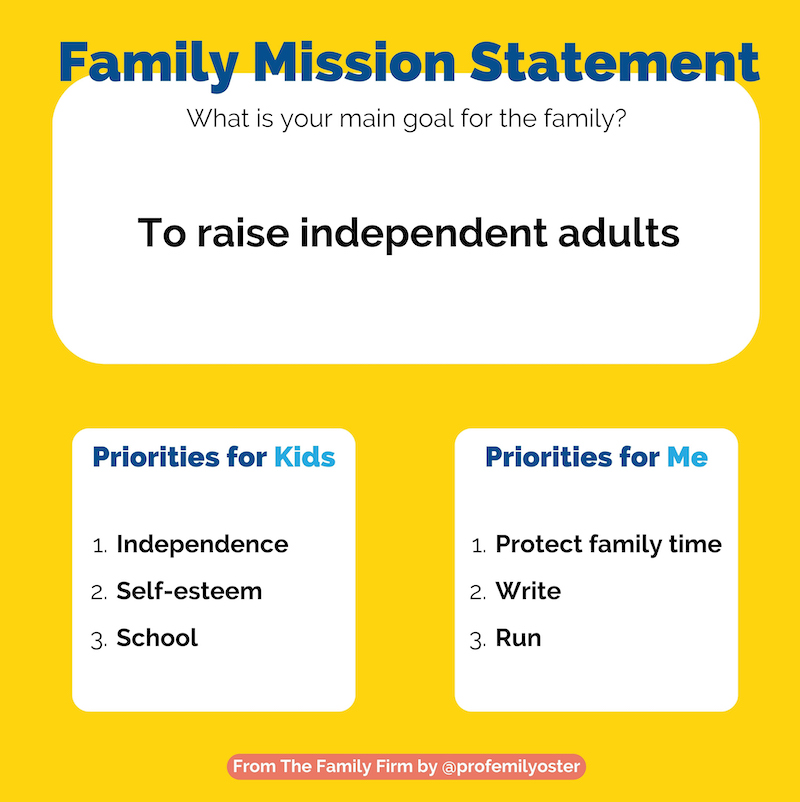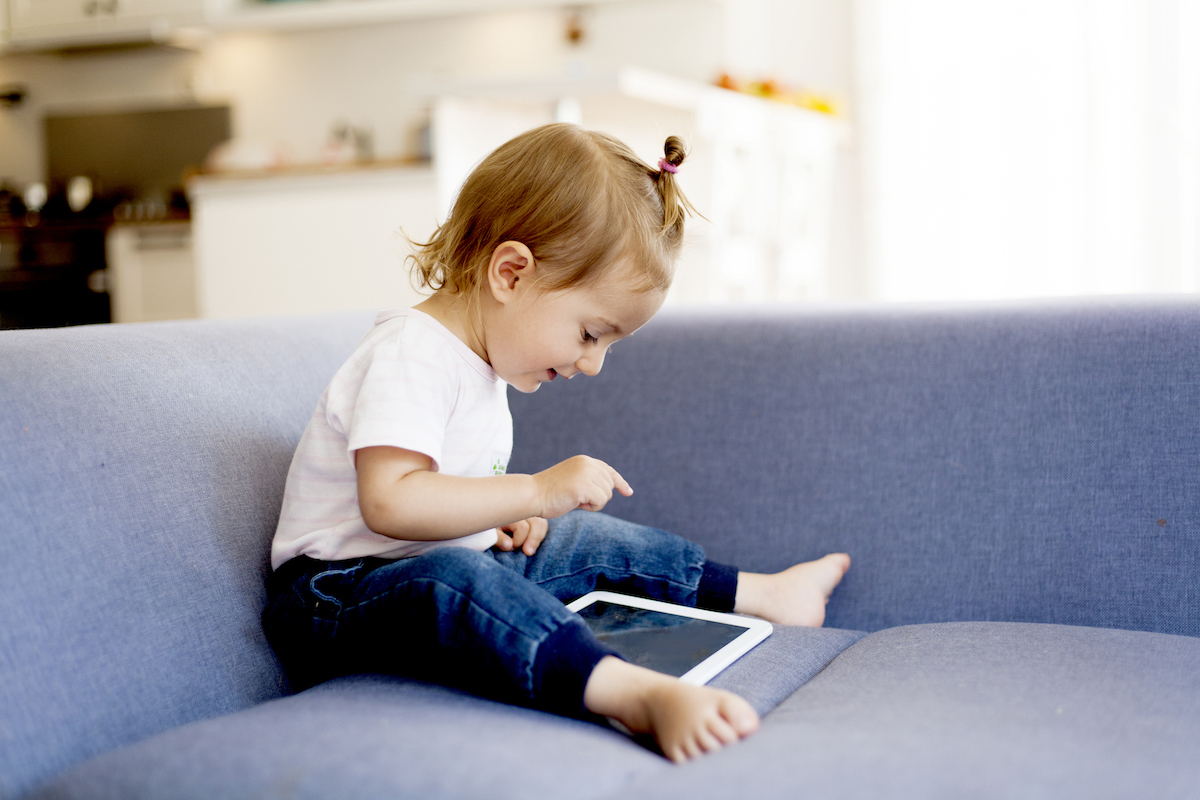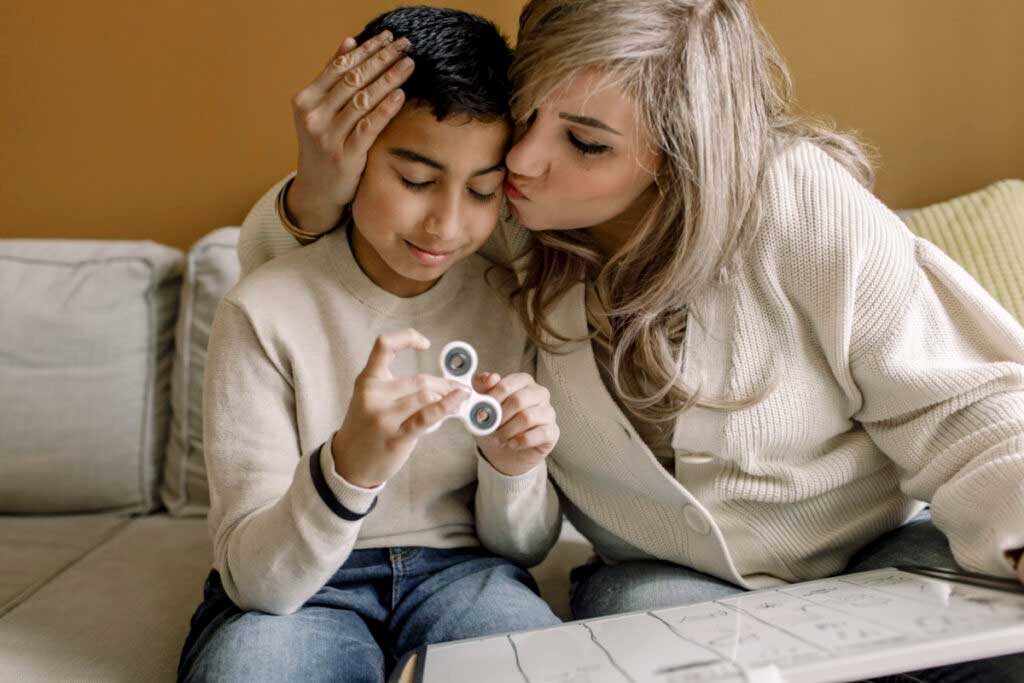If there’s one tool I can offer you for 2023, it’s to write a family mission statement (yes, this is from The Family Firm).
It may seem silly, but articulating your central family values is a game changer when making decisions big and small: What activities should my kid do after school? What does weeknight dinnertime look like? How do we spend our free time as a family? The big picture can ground you when day-to-day decisions feel overwhelming.
There are three parts: a mission statement (what’s your main goal?), priorities for kids (what are the big life goals?), and priorities for you (what do you want to make sure you get time for?). Here are my answers, and I’d love to hear what you’d say in the comments:

Now on to your stories. We also have a question from a reader who is struggling with diaper changes. Help her out!
Cheers!
—OnlyBoobs
After months of bottle refusal, my six-month-old has finally accepted the bottle as a way of eating at day care. I tried everything — and every type of bottle — but he refused bottles and pacifiers 95% of the time since birth and continued to do so until very recently. It took them two months of squirting milk in his mouth while he cried, but he has finally given in. It’s such a huge weight off my shoulders knowing he is happily eating at day care and I don’t have to quit my job!
Boy mom blues
—Primary Parent, Secondary Favorite
My 2.5-year-old boy has been consistently borderline obsessed with his father for about as long as I can recall. I am the parent who is around more (despite working a more demanding job), birthed him, stayed home for three lonely months with him during my maternity leave/height of Covid lockdowns/PPD, and, come on, I’m his mother. People keep telling me, “Oh, little boys love their mamas!” And then mine falls off a chair, bonks his head, and then nearly jumps out of my arms wailing for daddy to comfort him instead of me. It makes me feel terrible, it makes my husband feel kind of bad, and it’s getting really old. I’m working through it with my therapist, but it’s even gotten to the point where the less-rational part of my brain thinks maybe I should have another kid so the new kid will love me more, or that this is cosmic payback for the first few months when I was so depressed I was trying to figure out how to convince my husband to drop the baby at a firehouse (really). I have to keep thinking it will get better, that someday he will be so glued to me that I’ll never be able to bum him off on his father, but for now, it just sucks.
First place
—Competitive Eating
Similar to probably everyone with very young kids, my sons (2.5 and almost 4) really struggle with eating dinner. It’s not that they don’t like the food; they just are a lot more interested in doing almost anything else, and they get bored easily and wander off from the table. After months of trying all incentives/threats I could think of, I had a sudden spark of inspiration and asked who was going to “win” dinner. The two of them could not eat their dinner fast enough. This might not work for anyone with only one kid this age, but if you have more than one, I guess don’t underestimate a toddler’s competitive streak.
This week’s reader question
My 10-month-old has recently decided he can no longer tolerate diaper changes. What was a 1-to-2-minute endeavor now results in 15 to 20 minutes of him screaming, immediately rolling over, trying to grab and fling diapers, wipes, etc., and generally making caregivers and himself extremely upset every time. It’s an even bigger challenge for poopy diapers, because I don’t want poop everywhere and he needs diaper cream. I know diaper-change resistance is normal, but changes are now virtually impossible to complete without another adult helping. We try singing, distracting toys, talking through it, etc. I’m exhausted — any advice?
—Diaper Help

















